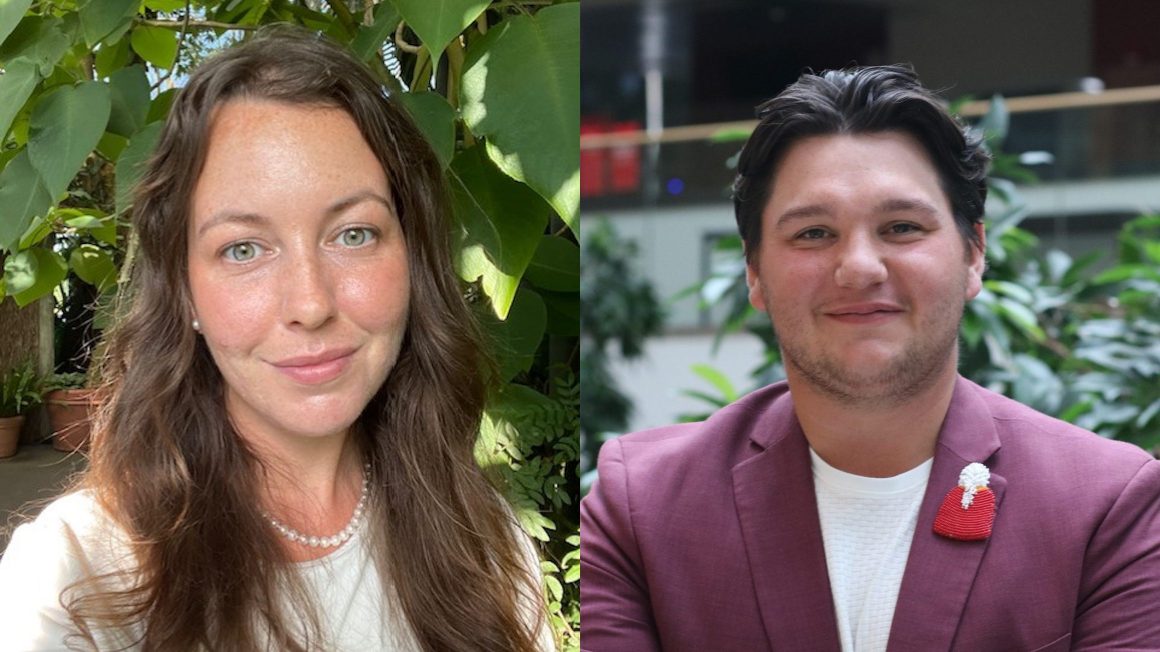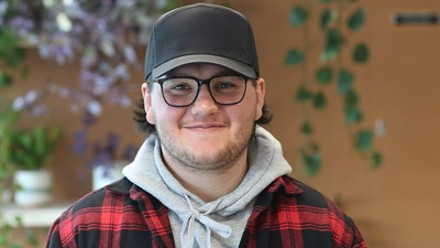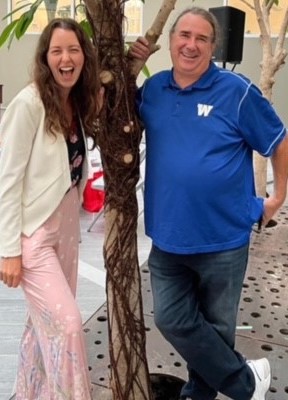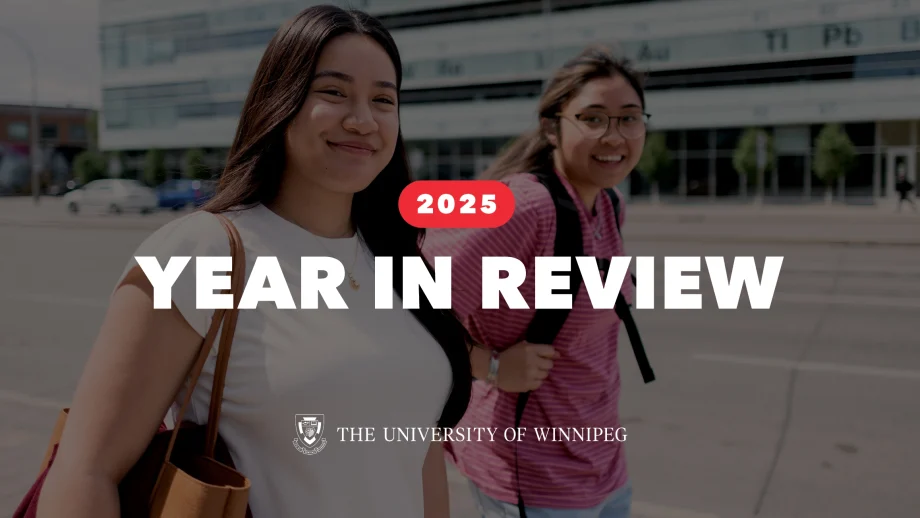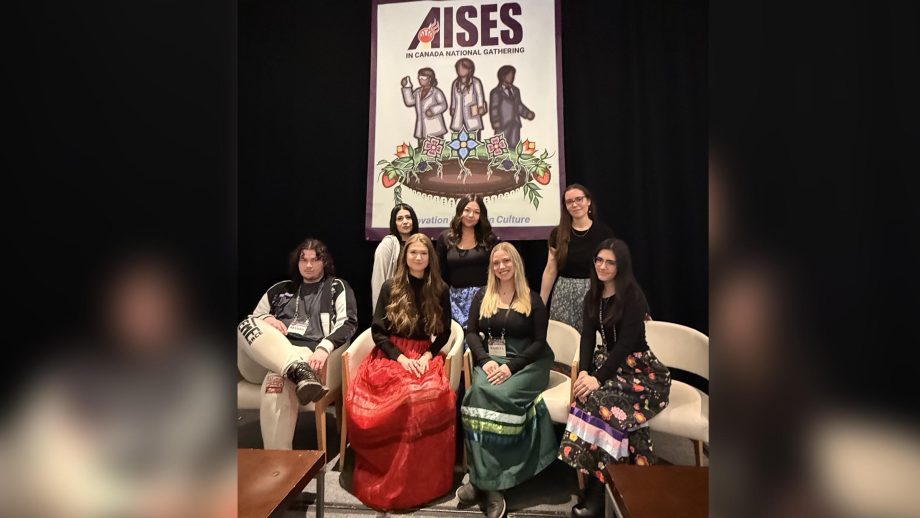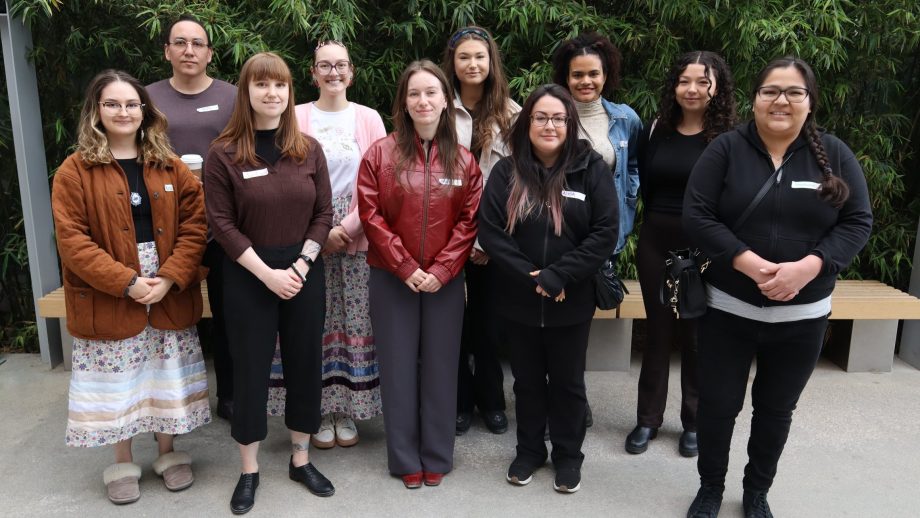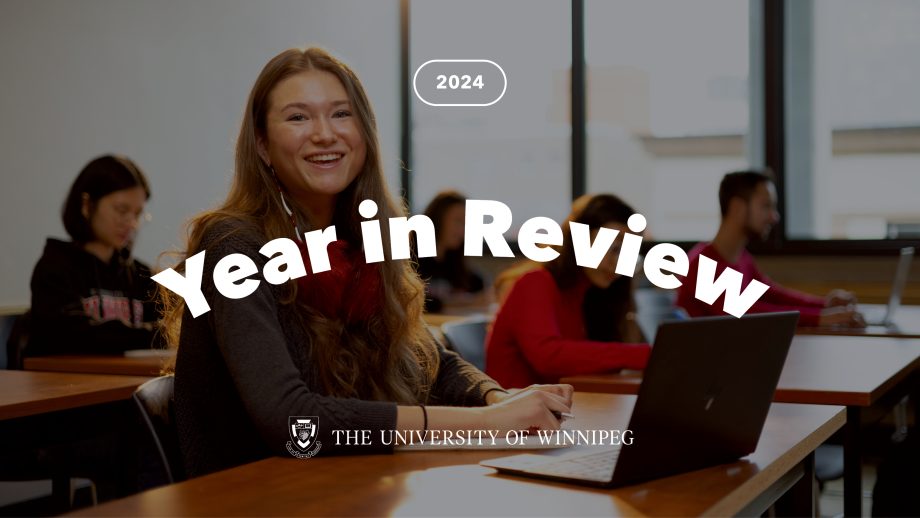Applications are now being accepted for the 2023 Indigenous Summer Scholars Program (ISSP).
This 12-week program, hosted by The University of Winnipeg’s Faculty of Graduate Studies, engages Indigenous undergraduate students and recent graduates in a variety of scholarly, collaborative, and community-based research projects.
The goals of the program are to strengthen the pathways for Indigenous students to move into advanced study and, ultimately, into leadership in the academy and in all sectors of society; re-affirm the significance and centrality of Indigenous peoples, ways of knowing, and experiences at the UWinnipeg; and to create a network of Indigenous scholars and allies on campus.
“The Faculty of Graduate studies is excited to launch the seventh year of the ISSP. In addition to creating a pathway for Indigenous students to move into advanced studies, the program provides numerous benefits for the faculty mentors,” said Dr. Manish Pandey, Acting Dean of Graduate Studies. “While working on their research project, scholars share their perspectives and this helps mentors broaden their understanding of Indigenous traditions and ways of knowing. ISSP has become a signature program of the Faculty of Graduate Studies at UWinnipeg.”
Daniel Nychuk and Megan Lindell were ISSP scholars this past year. They say their experiences in the program helped prepare them for graduate studies.
Meet Daniel Nychuk
Nychuk, who attended the University of Manitoba for his undergraduate studies, applied to join UWinnipeg’s Master’s in Development Practice (MDP) in Indigenous Development program after learning how it suited his future career aspirations.
After discovering ISSP through the Faculty of Graduate Studies Instagram page, he knew it was a good opportunity to network, meet other Indigenous scholars, learn more about research processes, and get introduced to UWinnipeg.
Over the summer, Nychuk worked with Dr. Janis Thiessen, Kimberley Moore, and Kent Davies as part of the Social Sciences and Humanities Research Council (SSHRC)-funded Manitoba Food History Project. Along with improving his research skills, he also learned how to turn an interview into a properly archived document and, ultimately, create a podcast.
“I enjoyed all the workshops within the program that gave me the opportunity to learn proper research, etiquette, and communication skills that I can use toward my MDP studies,” he said, adding that Dr. Thiessen was able to tailor his work in a way that directly benefited his MDP goals.
He says his time learning from Manitoba Food History Project team has helped him prepare for the next stage of his academic journey.
“ISSP allowed me to reach my educational goals and helped me transition into my graduate studies,” he said. “I got to learn from former and current graduate studies, as well as mentors through a variety of scholarly, collaborative, and community-based research projects.”
Once he’s completed the MDP, Nychuk wants to work in Indigenous economic development in hopes of building a foundation of knowledge and relationships that will strengthen Indigenous communities.
“I hope to one day be able to be a part of a project that will leave an impact not only on my generation, but more importantly, the generations to come.”
Meet Megan Lindell
Lindell, who is from Turtle Clan, was a returning ISSP scholar this summer. She has been studying at UWinnipeg for eight years now and holds a Bachelor of Arts in Indigenous Studies.
She worked with Dr. Mark Ruml, Professor in the Department of Religion and Culture, to document interviews with Indigenous healers and spiritual leaders as part of his SSHRC project Indigenous Spiritual Biography.
“It was really natural for us to work together on his project, as we are interviewing spiritual Indigenous healers to learn how they can share healing and love when they have experienced so much hate,” Lindell said. “I learned about filming, about listening to ask more questions, and what it takes to make a documentary, which was all very helpful as I will be making a documentary with the research I do with my thesis.”
She also worked with UWinnipeg alumna Charlene Moore, who travelled with the Indigenous delegation this spring to Vatican City to film footage for an upcoming Assembly of First Nations documentary.
Without her two ISSP experiences, Lindell says she wouldn’t have even looked into studying in the joint Master of Arts in Peace and Conflict Studies program.
“It was during an ISSP call when I learned I was receiving the gold medal of achievement,” she recalled. “We were working on designing a research project. My interest was around water, spirituality, and emotions. I took it as a sign that I should keep going. It just felt right.”
Once Lindell graduates, she plans on starting a business that changes systemic barriers and racism by focusing on building strong relations with oneself and those around you.
“My future is about helping change take place in a good way,” she said. “It aligns with my spirit name, as Dibiki-Giizis (Moon) is in it and that is what the moon does.”
_____________________________________________________________________________________
To learn more, visit the Indigenous Summer Scholars Program website.

